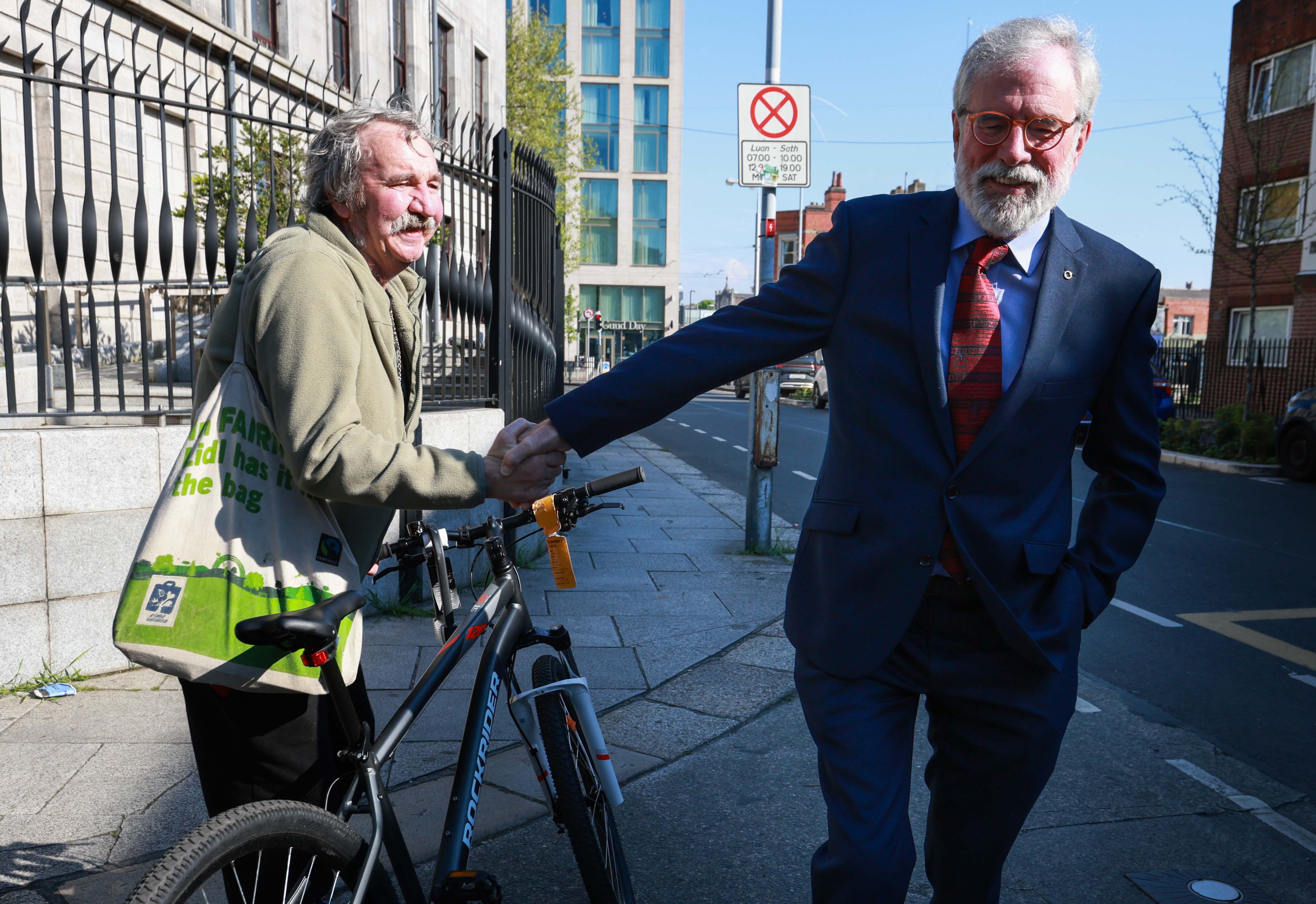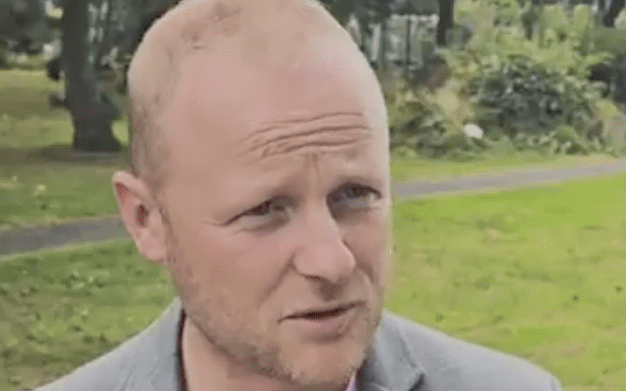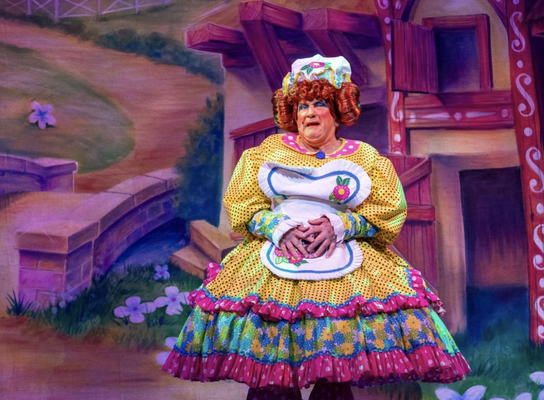THE fact that BBCNI thinks that its adherence to a British ethos is a matter for debate instead of a simple statement of fact is perhaps the most powerful indicator of BBCNI’s adherence to a British ethos.
The last thing that BBCNI wanted to be doing after its disastrous reversal at the Dublin Four Courts was talking about its failure to represent half of its target audience – but that’s just what it ended up doing. Why? Because that’s exactly what Gerry Adams wanted them to do, and so blinded was BBCNI by a debilitating combination of anger and confusion that nobody stopped to wonder why Adams said what he said.
In years to come someone will write a thesis on Gerry Adams’ uncanny skill when it comes to winding his adversaries up, and he was always going to use the tall and glittering platform he was offered by his libel victory to display that acumen. In the sure and certain knowledge that the usual suspects would bite like hungry trout, he threw out two pieces of bait which have dominated the news every bit as much as the fact of his momentous win. First up, he said he had taken the case to “put manners on the BBC”. It was a statement which sent the guardians of the public discourse and the bien pensants of the Irish media to DefCon 1.
Adams pushed nobody’s button harder than that of the public face of my union. Dublin-based Seamus Dooley, deputy secretary general of the NUJ, told RTÉ and BBCNI, and anybody else who would listen, that Adams’ words were “chilling” and “extremely worrying” for his members. Now I don’t know whether Seamus proactively proffered his thoughts or whether he just answered phone calls and said whatever occurred to him. Whatever the reality, he wasn’t talking for me for the very good reason that what he was saying was so ludicrous as to have a chilling effect on my capacity for balderdash.
The very idea that when preparing a story on either Sinn Féin or Gerry Adams journalists will henceforth be paralysed by the thought of having manners put on them is knuckle-bitingly fatuous. What journalists will give thought to is what they give thought to every time they sit down at a keyboard: what’s right and what’s wrong; what’s provable and what’s not; what’s a good idea to publish and what’s a bad idea to publish. In other words, doing their jobs in a way that keeps them out of the courts; doing their jobs in a way that BBCNI signally failed to do with its Denis Donaldson story in 2016. And that applies whether they’re writing about Gerry Adams or Gerry Cinnamon.
What has most certainly had a chilling effect is the failure of BBCNI's journalism. And BBCNI won’t thank me for pointing it out, but chilling effects aren’t always negative, and this will most certainly be a positive one. Because it’s that shudder of apprehension at the thought of encountering m’learned friends that is a journalist’s most valuable aid. The self-preservation instinct does more to keep journalists and their employers out of trouble than all the college modules and libel law refreshers in the world.
I would love the threat of the law to be removed from my list of work worries as much as any journalist, because while getting something badly wrong is a huge blow to large media organisations like the BBC, it's an existential threat to every weekly title. Staying out of court is quite simply the single most important part of my job. But that will always be the case, because doing wrong by someone is always going to have – and should always have – a price. The best we can hope for is some as-yet-unreached middle ground of reasonable and proportionate censure that replaces the current blasted heath of financial and reputational wipe-out. The finding of the Dublin court that the BBCNI acted in bad faith and the subsequent, butt-clenchingly alarming amount of money involved will have made every journalist gulp with but-for-the-grace-of-god relief; Gerry Adams’ post-verdict piss-take won’t have given them a second thought, whatever my union says. Journalists are today checking their copy that little bit more carefully than they were this time last week. That's not because of Gerry Adams; that's because of BBCNI. Whatever my union thinks.
Having Pied-Pipered his over-excited detractors to distraction with his manners crack, Adams proceeded to vent on the BBC’s cleaving to a British worldview. Well, I say vent, but even if he is mildly miffed by it, his main objective was not to get it off his chest; rather it was to roll a grenade into the first-aid tent where the BBCNI team was having its wounds tended. And so it was that we looked on as the BBC pondered the vexed question of ‘Are we really seen as Brits like Gerry Adams says we are?’, when of course the question they should have been pondering was ‘Why are we so blindly and stupidly obsessed with Gerry Adams that we can't see he's pulling our chain?’
To say BBCNI evinces a British ethos, to suggest that it takes the British part of its title seriously, is simply to state, in pleasingly apposite British terms, the bleedin’ obvious. It may not be obvious to someone who doesn’t bat an eyelid when poppymania grips the studios; when Londonderry takes precedence over Derry; when the Catholic-free 12th is presented as a kind of Orange village fête; when the six-county detached teddy bear’s head graphic appears; when the weather map is drawn by border towns looking on to an empty wasteland; when presenters and newsreaders affect garbled and aspirational mid-Irish Sea accents with the uniformity of teenagers wearing North Face puffers; when presenters and newsreaders deploy said accents to mispronounce simple Irish names and words to such an extent that sometimes it can feel like an in-joke. But it’s obvious to me. And it’s obvious to my family. And it’s obvious to my friends. And it’s obvious to my neighbours.
BBCNI.
Just.
Isn’t.
Us.
THERE BE DRAGONS: BBCNI's retreat from Londonderry, Derry, Foyle continues apace
They shouldn’t feel guilty about it. Those from a nationalist and republican background who consume its output aren’t naïve enough to believe that BBCNI won’t always be British. We know we’re consuming a British product when we listen to Nolan or Talkback or watching Evening Extra or The View. The clue’s in the station name, whether that’s BBCNI or Radio Ulster. The poppies aren’t going anywhere; news and current affairs presenters will continue to be from a unionist background in significantly disproportionate numbers; we’ll still hear the news via Methody English teacher tribute accents and not Andytown ones; the teddy bear’s head will always hold a special place in the graphics department; and BBC Derry, sorry Londonderry, sorry Foyle, will always be to Ormeau Avenue what Puerto Rico is to the United States.
But perhaps one day somebody at Ormeau Avenue might decide that while retreating to a shrinking Antrim-Down unionist Pale in lockstep with its British compatriots it might find a way of acknowledging that Forkhill is not in fact as British as Finchley.






